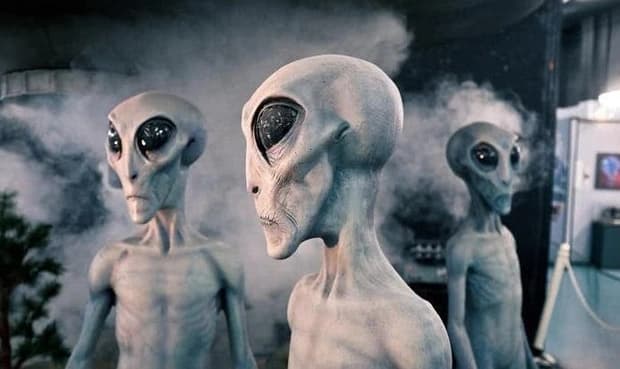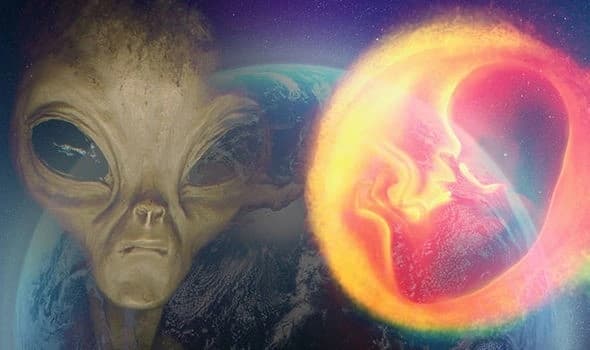Extraterrestrial Life Might Not Need Organic Compounds!

Recent research led by biologist, bacteriologist, and evolutionary biologist Betül Kaçar from the University of Wisconsin-Madison (USA) has identified 270 different autocatalytic reaction cycles, most of which don’t require organic compounds.

This suggests that the search for extraterrestrial life might need a new direction.
Previously, it was believed that the “life-making reaction” required organic compounds. However, the new study shows that biochemical reactions could originate from the most unusual materials and conditions – such as mercury or radioactive thorium, rare gases like xenon, all of which are deadly to Earthly life.

“Some of the reasons origin of life researchers are interested in autocatalytic processes is because reproduction itself is an example of an autocatalytic process,” Dr. Kaçar told Live Science.
Autocatalysis is a type of chemical interaction crucial for life, including life on Earth. They are believed to help assemble the “building blocks of life” into actual life initially, then sustain and evolve that life.

Previously, it was believed that the “life-making reaction” required organic compounds.
However, the 270 cycles identified by Dr. Kaçar’s team hardly need organic compounds and come from materials and conditions that are deadly for Earthly organisms, such as extreme temperatures or pressures.
Therefore, the authors conclude that there’s a reasonable prediction that autocatalytic processes creating extraterrestrial life could occur easily in different elements, not just the usual “backbone” elements of terrestrial life like carbon, oxygen, sulfur, phosphorus…

In particular, most of the 270 cycles consist of 2 reactions, with 8 of them having 4 reactions or more. They can combine to create a complex chain of biochemical reactions.
So far, the search for extraterrestrial life has often targeted “potential biological signatures,” such as evidence of elements or compounds necessary for life like oxygen, methane, phosphate compounds, seen through planetary spectra.

However, the results published in the Journal of the American Chemical Society show that planets without these “essential life factors” or with vastly different and harsh environments than Earthly life still have a chance of possessing their own form of life.
Share the Fascination!
Share this fascinating insight into the potential origins of extraterrestrial life with your friends and family! Let’s ponder the mysteries of life beyond Earth! 🌌✨

